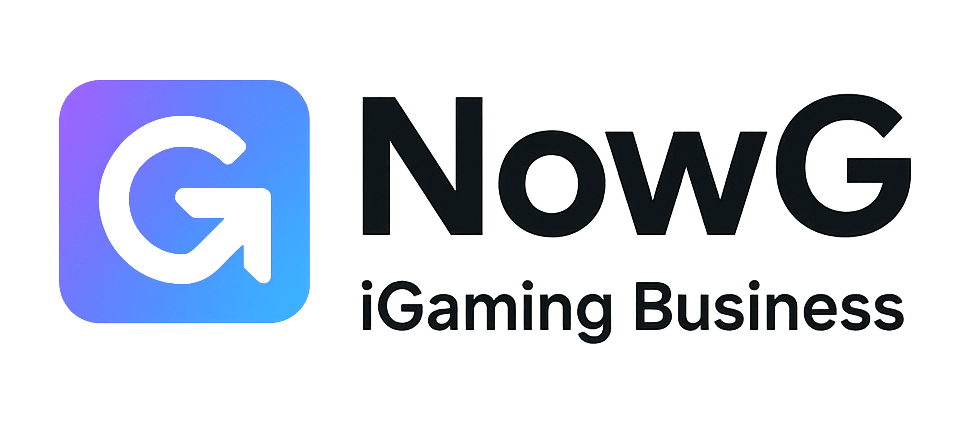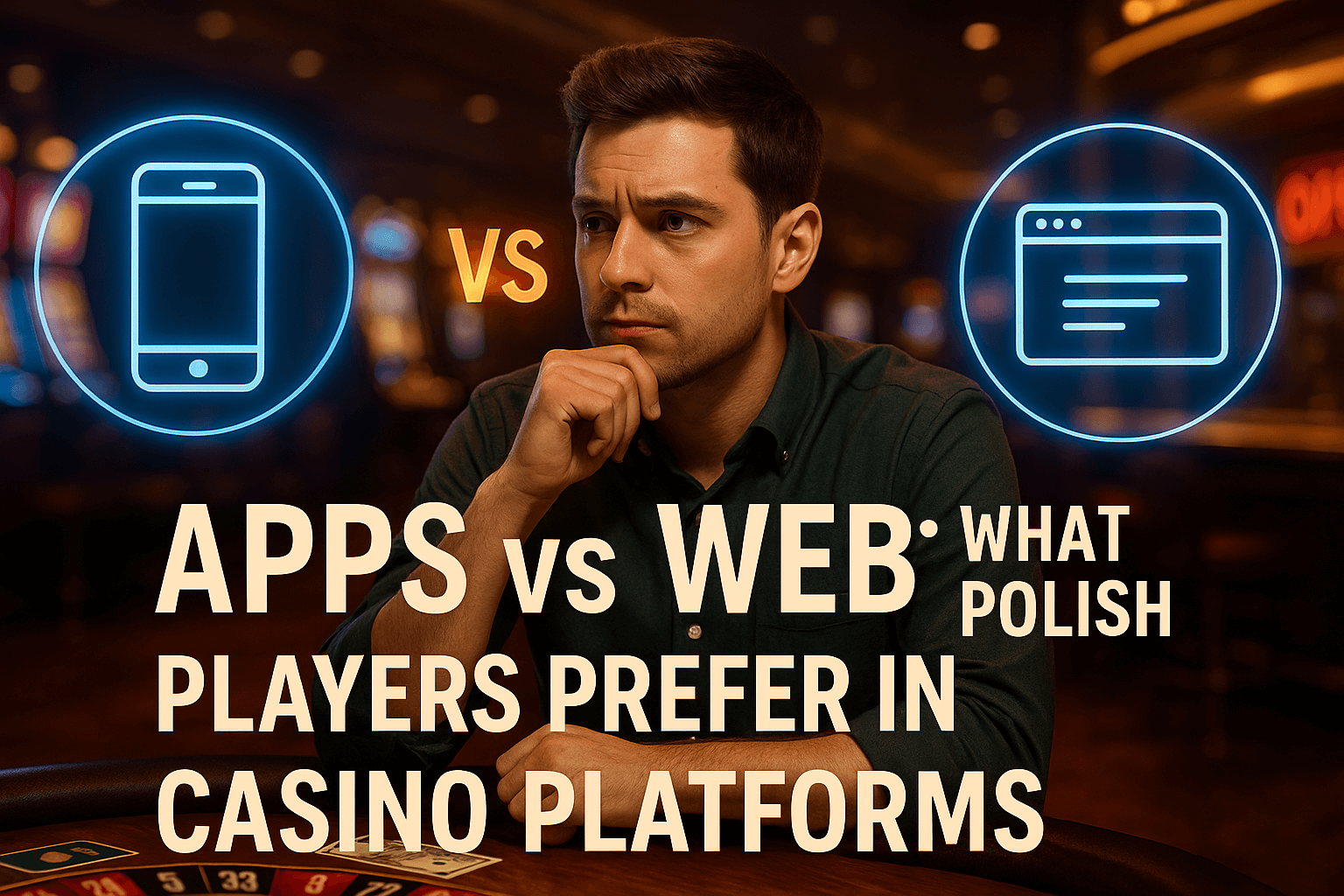Last Updated on August 23, 2025 by Caesar Fikson
How to start a sportsbook buisiness is a question that so many business owners ask themselves around the world. Guess what? We have a recipe!
The appetite for live wagers never cooled after the PASPA wave; it simply spread. Now everyone from crypto founders to land-based bingo halls pings me, whispering the same question: how to start a sportsbook book that actually clears compliance and prints a margin north of pizza-parlor profits? Let’s skip buzzwords and walk the gauntlet—from paperwork to payout—so you know where the landmines hide and where the real advantage of lives.

1. Licensing: Your Launchpad or Your Handcuffs
Malta continues to entice with its EU prestige, Curaçao has recently revamped its framework, and the UKGC continues to be the trusted gatekeeper. Picking wrong wastes quarters; picking right shaves months off time-to-market. Here’s a quick reality check:
| Regime | Typical Time to License | Capital Reserve Requirement | Annual Compliance Cost | Fastest Market Entry Use-Case |
|---|---|---|---|---|
| Malta (MGA) | 4–6 months | €100 k–€200 k | €50k+ audits & fees | Pan-EU credit-card volumes |
| Curaçao (post-2024 law) | 2–3 months | <$50 k | €10 k yearly | Crypto-friendly, emerging GEOs |
| UKGC | 6–9 months | “adequate”—often £250 k+ | £100 k+ GGY levy | Brand trust, affiliate premium |
| Ontario (AGCO) | 4–5 months | CAD $100 k+ | 20 % tax on GGR | North-Am legitimacy launchpad |
Ask yourself: do you need a prestige badge to lure Tier-1 affiliates, or do you need speed to catch a LatAm boom? Licences stack, but bank accounts freeze if the first one reeks of gray.
2 Software Stack: White-Label Shortcut or Custom Road Trip?
White-label lets you skin a turnkey platform, inject odds feed keys, and focus on marketing. Custom dev grants pixel-level control, but eats burn. Let’s face it—most newcomers overestimate dev stamina. If you can’t spec a micro-service pipeline on a napkin, start white-label, prove LTV, then rebuild.
Key vetting posts: latency <150 ms on in-play bets; player-wallet separation; API docs that read like a dev-rel dream, not a ransom note.
3 Frontend–Backend Fit: Because UX and Ledger Share One Heartbeat
Frontend must preload markets under two seconds on 4G in Medellín; backend needs sharded ledgers logged to immutable audit trails. Design a React/Next.js client for snappy state hydration, pipe state to a Golang or Node service layer, then write bets to PostgreSQL clusters with time-sync to satisfy regulators. Neglect this handshake, and player gripes balloon before your first Twitch sponsorship.
4 Odds & Data Feeds: Fuel for the Pricing Engine
Sportradar, BetRadar, Genius—pick one primary feed and a backup for redundancy. Dual-feed arbitrage means your risk team sees price discrepancies before sharp bettors do. Latency target: <400 ms from feed tick to market update, or live-bet exposure spikes.
Picture an affiliate manager juggling multiple attribution models; a feed drop kills parlay confidence and flushes inbound clicks straight to refund tickets.
5 Payments & KYC: Friction Kills Conversions Faster Than Odds Gaps
Integrate Open Banking in Europe, Pix in Brazil, and ACH & Visa Direct in the States. Crypto? Fine, but wrap it in on-ramp KYC via SumSub or Veriff so banks stay calm. Age checks shift from document scans to NFC chip reads—one-tap onboarding lifts FTDs by 14% in A/Bs.
Failure path: ask for selfie, bank statement, and utility bill; watch CAC double.
6 Risk Management & Anti-Fraud: Your Invisible Profit Center
Automated risk engines—OddsMatrix, Betradar Managed Trading, or a home-grown ruleset—flag strange line movements, IP farms, and correlated parlays. Layer device fingerprinting over session velocity rules; lock suspect bet slips in “manual review,” not “auto void,” to keep honest whales happy.
AI alone isn’t magic; train models on your own datasets or expect false positives that anger VIPs. It’s frustrating when promising whales freeze mid-world-cup, isn’t it?
7 Acquisition Engine
Affiliates still provide CPAs 30 % cheaper than paid media in regulated LatAm. Wire your program into Scaleo: server-side postbacks replace crumbling pixels, commission tiers auto-upgrade power partners, and you stamp out “Where’s my cut?” Slack noise. Retarget high-intent clickers via programmatic DSPs; append hashed email lists to TikTok Custom Audiences—mobile-first creatives convert 18 % better.
8 Daily Ops: Support, Updates, Compliance—The Grind That Keeps Licenses
24/7 bilingual chat; weekly sprint releases for markets and UX tweaks; quarterly penetration tests logged for auditors. Compliance fatigue? Automate self-exclusion syncs, AML triggers, and monthly game-RTP reports. I remember integrating real-time attribution in 2019 felt futuristic—now regulators expect real-time RG dashboards.
9 Economics: Hold, Payout, and the Sliver Called Profit
Average theoretical hold: 7–8 %. Effective hold after bonuses: 4–5 %. Target promo spend ≤30 % of net GGR or EBITDA melts.
Payout cadence: settled bets T+1 bank file for fiat, near-instant for crypto withdrawals. Slow cash-outs erode NPS faster than odds /+0.05.
Benchmarks matter: tier-one U.S. books chase 18 % EBITDA; LatAm peers flirt with 30 %. Your margin battle starts at odds-feed fees, payment processing (card 2 %, ACH 0.5 %, USDC 0.1 %), and promo burn. Nail ROI tracking or bleed quietly.
Step-by-Step Guide to Starting a Sportsbook in 2025
- Research the Market and Define Your Niche
- Understand the Industry: Study market trends, such as the rise of mobile betting (driven by increased smartphone usage) and the growing popularity of eSports and virtual sports. The U.S. market alone generated over $9 billion in 2023, with online betting expected to reach $233.6 billion globally by 2034.
- Identify Your Target Audience: Decide which regions or demographics to target (e.g., U.S., LatAm, or Europe) and whether to focus on casual bettors, professional players, or niche markets like eSports. Local market expertise is crucial for tailoring your platform.
- Define Your Unique Selling Proposition (USP): Differentiate your sportsbook with unique features, such as crypto betting, exclusive bonuses, or specialized betting options (e.g., live betting or fantasy sports).
- Navigate Legal and Licensing Requirements
- Choose a Jurisdiction: Select a jurisdiction based on your target markets, licensing costs, and regulatory environment. Popular options include Malta, Curacao, and Isle of Man for international operations, or state-specific licenses in the U.S. (e.g., New Jersey, Nevada). Licensing is complex, time-consuming, and costly, so consult iGaming legal experts.
- Ensure Compliance: Adhere to local gambling laws, data protection regulations (e.g., GDPR), and anti-money laundering (AML) policies. Implement responsible gaming features like deposit limits, time-outs, and self-exclusion options.
- Register Your Business: Set up a legal entity and understand tax obligations in your chosen jurisdiction. Legal guidance is essential to avoid penalties.
- Choose a Sportsbook Software Solution
- Turnkey vs. Custom Development: For new operators, a turnkey (pre-built) solution from providers like SOFTSWISS, AIS Technolabs, or OddsMatrix is recommended due to lower costs, faster launch (weeks vs. a year for custom builds), and proven reliability. Custom development suits experienced operators with deep iGaming knowledge.
- Key Features to Look For: Ensure the platform supports live betting, real-time odds, eSports data integration, risk management tools, and a user-friendly interface with intuitive navigation. Pre-integrated payment systems and fraud protection are also critical.
- White Label Solutions: These are cost-effective, ready-to-deploy platforms that allow branding customization. Top providers in 2025 include SOFTSWISS and AIS Technolabs, offering seamless integration and operational support.
- Set Up Payment Systems
- Offer Diverse Options: Provide multiple payment methods, including credit/debit cards, e-wallets, and cryptocurrencies, to cater to player preferences. Negotiating with payment service providers (PSPs) can be challenging, so turnkey solutions with pre-integrated PSPs save time.
- Ensure Security: Implement robust security measures to protect transactions and comply with AML regulations. Players expect fast, secure deposits and withdrawals.
- Localize Payments: Tailor payment options to your target audience’s preferences (e.g., Pix in Brazil or UPI in India).
- Design a User-Friendly Platform
- Prioritize UX/UI: A fast, intuitive, and visually appealing website or mobile app is critical. Poor design can drive players away, while clear navigation and quick access to betting options enhance retention.
- Mobile Optimization: With mobile betting dominating the industry, ensure your platform is fully optimized for smartphones and tablets.
- Incorporate Gamification: Features like personalized promotions, leaderboards, and real-time data analytics improve engagement.
- Develop a Bonus and Marketing Strategy
- Offer Attractive Bonuses: Use welcome bonuses, free bets, and loyalty rewards to attract and retain players. Themed tournaments and personalized offers boost engagement, but implement fraud detection to counter bonus hunters.
- Leverage Affiliate Marketing: Affiliates drive 30-40% of new customers in iGaming. Partner with affiliate networks to expand reach.
- Invest in SEO and Social Media: Optimize your website for search engines, use targeted ads, and engage players through social media. Reviews, press releases, and iGaming forum posts build credibility.
- Localize Marketing: Tailor campaigns to regional preferences and cultural nuances for better effectiveness.
- Implement Risk Management and Operational Tools
- Use Advanced Risk Management: Platforms like OddsMatrix offer automated trading solutions and real-time odds to minimize losses from sharp bettors or market fluctuations.
- Monitor Fraud and AML: Use software with built-in fraud detection to protect your business from scammers and ensure compliance.
- Outsource Operations: Turnkey providers often handle back-end tasks (e.g., data quality, risk management), allowing you to focus on growth.
- Launch and Scale Your Sportsbook
- Test Before Launch: Conduct thorough testing to ensure platform stability, payment functionality, and user experience.
- Start Small and Scale: Begin with a focused market or limited betting options, then expand to include casino games, live casino, or other verticals like bingo or lottery to boost profitability.
- Monitor Performance: Use real-time analytics to track player behavior, improve margins, and refine marketing strategies.
Estimated Costs
- Initial Investment: Starting a sportsbook requires $5,000–$10,000 for basic setup (excluding licensing fees), covering software, marketing, and operational costs. Turnkey solutions reduce upfront costs.
- Licensing Fees: Vary widely by jurisdiction (e.g., $10,000–$500,000 annually, depending on the region).
- Ongoing Costs: Include software maintenance, payment processing fees, marketing, and compliance costs.
Key Considerations
- Partner with Experts: Collaborate with established providers like SOFTSWISS, AIS Technolabs, or OddsMatrix to take advantage of their technology and expertise.
- Stay Compliant: Non-compliance can lead to hefty fines or business closure. Legal advice is non-negotiable.
- Focus on Player Retention: Bonuses, excellent UX, and reliable payouts are critical for long-term success.
- Adapt to Trends: Incorporate emerging trends like AI-driven personalization, crypto betting, and eSports to stay competitive.
Sample Business Plan Outline
Sportsbook Business Plan 2025
1. Executive Summary
Business Name: [Your Sportsbook Name]
Objective: Launch a user-friendly online sportsbook targeting [specific market, e.g., U.S. casual bettors] with a focus on live betting and crypto payments.
Mission: Provide a secure, engaging betting platform with competitive odds and new features.
2. Market Analysis
Industry Overview: The global sports betting market is to reach $110B+ by 2026, with 30-40% from sports betting.
Target Audience: [e.g., 18-35-year-old sports fans in the U.S.]
Competitors: DraftKings, FanDuel, BetMGM.
USP: crypto betting, eSports integration, and personalized bonuses.
3. Legal and Compliance
Jurisdiction: [e.g., Curacao for international markets]
License: Apply for [specific license] with an estimated cost of [e.g., $50,000].
Compliance: GDPR, AML, responsible gaming policies (deposit limits, self-exclusion).
4. Technology and Operations
Software Provider: [e.g., SOFTSWISS turnkey solution]
Features: live betting, real-time odds, mobile optimization, and crypto payments.
Risk Management: Automated tools via provider for fraud detection and odds management.
Payment Systems: Integrate 5+ PSPs, including e-wallets and crypto.
5. Marketing Strategy
Acquisition Channels: SEO, affiliate marketing (30-40% of new customers), and social media ads.
Bonuses: Welcome bonus ($50 free bet), loyalty program, eSports tournaments.
Budget: $3,000/month for initial marketing.
6. Financial Projections
Startup Costs: $8,000 (software, marketing, initial operations).
Licensing Fees: [e.g., $50,000 annually].
Revenue Model: 5-10% margin on bets, targeting $100,000 revenue in Year 1.
Break-Even: Expected within 12-18 months.
7. Milestones
Month 1-2: Secure license, finalize software provider.
Month 3: Platform testing, marketing campaign prep.
Month 4: Soft launch in [target market].
Months 6-12: Scale with casino games, expand marketing.
8. Risks and Mitigation
Regulatory Risks: Partner with iGaming lawyers for compliance.
Fraud Risks: Use provider’s fraud detection tools.
Competition: Differentiate with niche betting options and superior UX.
Conclusion
Here’s the bottom line: launching a sportsbook in 2025 isn’t a developer fantasy or a regulatory nightmare—it’s a discipline. Get the license right, choose tech that won’t crack under Super Bowl handle, pay players fast, police risk smarter than sharps, and let affiliate rails keep acquisition spend honest. Ready to sketch your war plan, or will someone else’s odds feed steal your kickoff?




